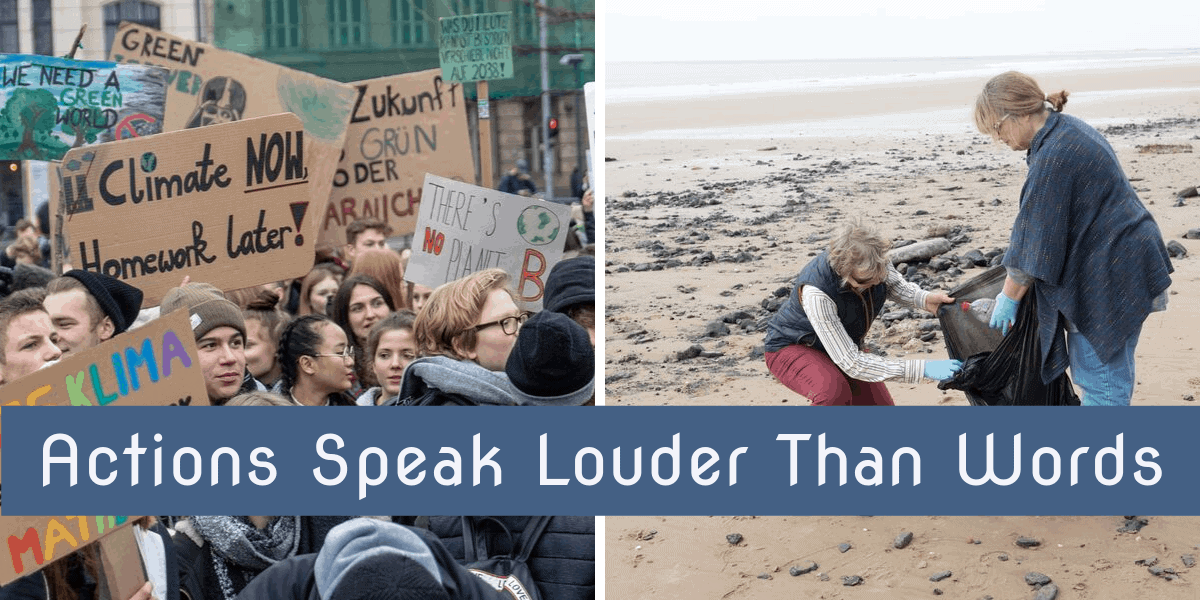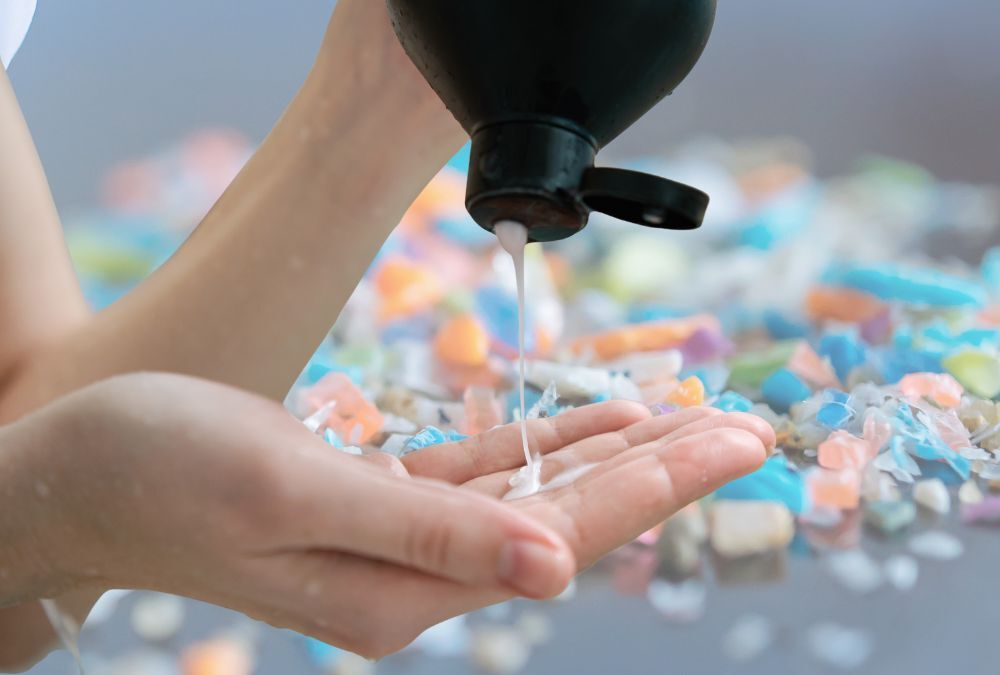We often share great tips and inspiration onways to reduce single-use plastics on an individual basis. We spread a message through all of our social media channels of lightening ourplastic and carbon footprints . These two international events allow us to all join together to take an even bigger action for our climate and for our planet.
The Global Climate Strike is Friday, September 20, 2019

On Friday, September 20, just days before theUN Climate Summit will be held in NYC, young people and adults will strike all across the US and the world to demand that action be taken to address the climate crisis. Young people around the world have been staging strikes for months as part of theFridays for Future school strikes for the climate. Now, they are asking all of us, young and old, to join them. These strikes are meant to call attention to how the climate crisis is devastating homes, land, and communities. They are meant to disrupt the notion of business as usual. They are a demand for climate justice and a call to stop burning fossil fuels. The Global Climate Strike is a demand for bold action and dramatic policy changes from every level of government all around the world.
In the words ofGreta Thunberg , "I want you to act as you would in a crisis. I want you to act as if our house is on fire. Because it is."
Find out more and find a strike near youhere andhere .
(A second Global Climate Strike will occur on Friday, September 27th.)
The International Coastal Cleanup is Saturday, September 21, 2019.
 Every year during Ocean Conservancy’s International Coastal Cleanup, hundreds of thousands of volunteers comb lakes, rivers and beaches around the world for trash. Last year, 1,080,358 volunteers in more than 120 countries collected 23.3 million pounds of trash!
Every year during Ocean Conservancy’s International Coastal Cleanup, hundreds of thousands of volunteers comb lakes, rivers and beaches around the world for trash. Last year, 1,080,358 volunteers in more than 120 countries collected 23.3 million pounds of trash!It is estimated that 8 million metric tons of plastic waste flow into the ocean. Plastic waste not only pollutes beaches, but it is also often mistaken as food by wildlife and lethally entangles wildlife. Not only that, plastics never fully go away. They just break down into smaller pieces of microplastics and end up in our food chain.
“Marine debris is a global problem that requires a host of solutions. Improving waste infrastructure in key areas, reducing our use of single-use plastics and moving towards a circular economy are all necessary to stop the flow of trash into our ocean,” said Nicholas Mallos, senior director of Ocean Conservancy’s Trash Free Seas© Program. “But cleaning up our beaches and waterways is an important piece of the puzzle. Not only does it prevent trash from ending up in the ocean, but it also helps galvanize our volunteers into becoming advocates for the ocean throughout the year.” You can make a real difference to address beach pollution with a local beach, lake or river cleanup.Find a cleanup near you and join the movement. You can also reduce your own plastics use, especially of single-use disposable products, by choosingPlaine Products , of course! One of the best ways to cut back on plastic waste is to stop purchasing items in plastic packaging. All our products are plastic-free, so you know you’ll be doing your part to protect the ocean and our climate.






